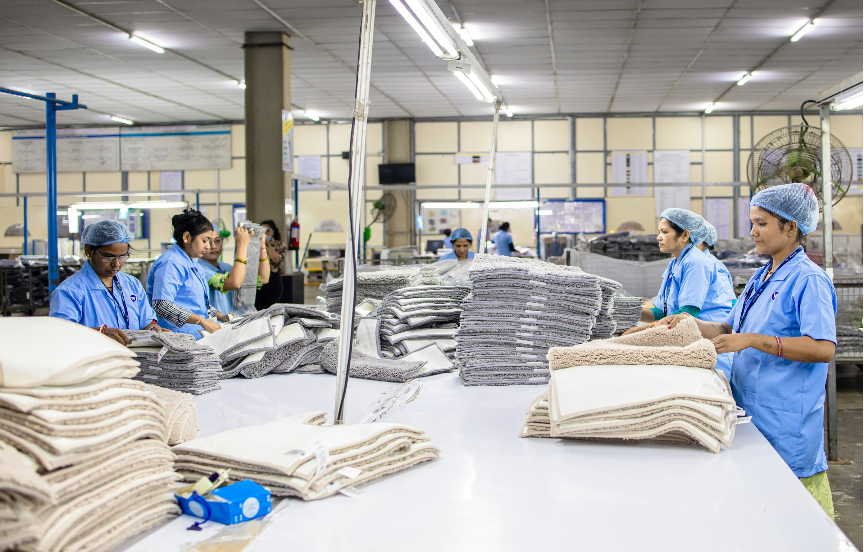Bangladesh’s Purchasing Managers’ Index (PMI) rose sharply to 58.9 in May, a six-point increase from April, signaling a strong expansion in the economy, an update announced just days ago. PMI readings above 50 indicate growth, and the latest figure reflects robust activity across agriculture, manufacturing, and services. The agriculture industry experienced growth for an impressive eighth month in a row, showing improvements in new orders, business operations, job creation, costs of materials, and outstanding orders. This surge is driven by faster farming operations and stronger supply chains, especially in the lead-up to Eid-ul-Azha. The manufacturing industries remain resilient, extending their expansion for a ninth straight month. Although the order backlogs index continued contracting, it did so at a slower pace indicating cooling pressure. The improved PMI suggests export-driven manufacturing is gaining momentum again, aided by higher global demand and rising production. The services sector also posted faster expansion, with gains in new business and input costs highlighting positive rebounds in areas such as retail, logistics, and hospitality. Meanwhile, the construction sector remained stable, showing no change from its previous expansion levels. Analysts say the PMI surge suggests Bangladesh’s broader economy is picking up pace. Masrur Reaz, the chairman and CEO of Policy Exchange Bangladesh, stated that the figures indicate a robust manufacturing sector driven by exports, along with increased agricultural and service activities as the festival approaches. However, experts recommend close monitoring of order backlogs and employment indexes, especially in manufacturing and services, where signs of cooling could emerge. Rebounding export orders will be crucial to maintaining momentum, given global uncertainties. The weaker backlogs signal could indicate early inventory correction. To build on this momentum, industry leaders say investments in equipment modernization, workforce training, and logistics infrastructure will be essential. Strengthening these areas could push Bangladesh closer to its goal of sustainable, balanced economic growth. In conclusion, the rise of the PMI to 58.9 in May offers an optimistic perspective: Bangladesh’s economy is advancing in different areas, fostering broad development. The challenge now is to maintain this upward trend through thoughtful investment and global market access.
Bangladesh’s PMI Jumps to 58.9 in May, Signalling Stronger Growth
52


